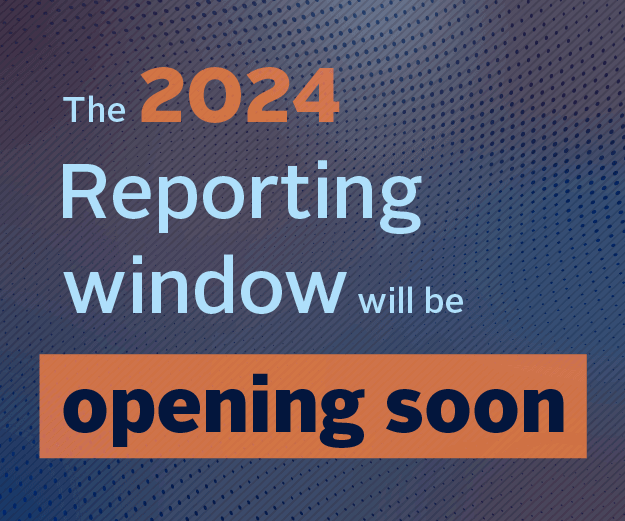Principle 3 states, ’We will seek appropriate disclosure on ESG issues by the entities in which we invest’
ESG disclosure refers to investor monitoring and asset or company ESG reporting to investors, stakeholders and the general public. Some of the ways investors can implement Principle 3 are outlined below.
- Consistency throughout the investment process. Include ESG disclosure as a topic of engagement with portfolio companies and lead sponsors throughout the investment process: during due diligence, at the onset of the post-investment phase and as part of asset management and monitoring.
Example: InfraRed’s ESG questionnaire
InfraRed, an international infrastructure and real estate investment manager, runs a standardised annual ESG questionnaire across its portfolio of assets. The questionnaire is composed of 26 questions divided into five sections:
- governance - management
- governance - policies
- social activity
- environmental performance
- directors’ activities
- KPIs. Identify ESG KPIs to monitor for each investment in dialogue with the management of the asset/project company, based on the material risks and opportunities identified in due diligence. Develop separate KPIs for greenfield and brownfield investments to reflect the differing risk profiles. Request regular reports on these KPIs for both shareholders and lenders. For example, they can be integrated within quarterly construction/ operation reports and annual financial reports.
- Board and risk committee involvement. Feature ESG performance monitoring as a regular agenda item at board meetings and discuss any material risks at risk committee meetings.
- ESG incidents. Set clear expectations for when and how the asset or project company should report material, adverse ESG incidents, as well as how these should be remediated. Provide examples to illustrate what you consider severe and what constitutes a material ESG incident.
- Climate-related financial disclosures. Where appropriate, encourage asset/project companies to disclose climate-related financial information in line with the Task Force on Climate-related Financial Disclosures (TCFD) recommendations.
Example: GRESB infrastructure
The GRESB Infrastructure Assessment provides a platform for reporting and peer benchmarking of ESG management and performance of both funds and infrastructure assets across a variety of sectors. The asset assessment provides a standardised framework for investors to request structured ESG reporting from assets or companies on an annual basis.
Download the full report
-

Primer on responsible investment in infrastructure
January 2018
Topics
Primer on responsible investment in infrastructure
- 1
- 2
- 3
- 4
- 5
- 6
 Currently reading
Currently readingApplying Principle 3
- 7
- 8
- 9
- 10
- 11























